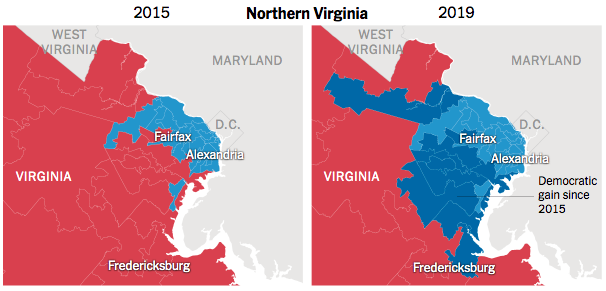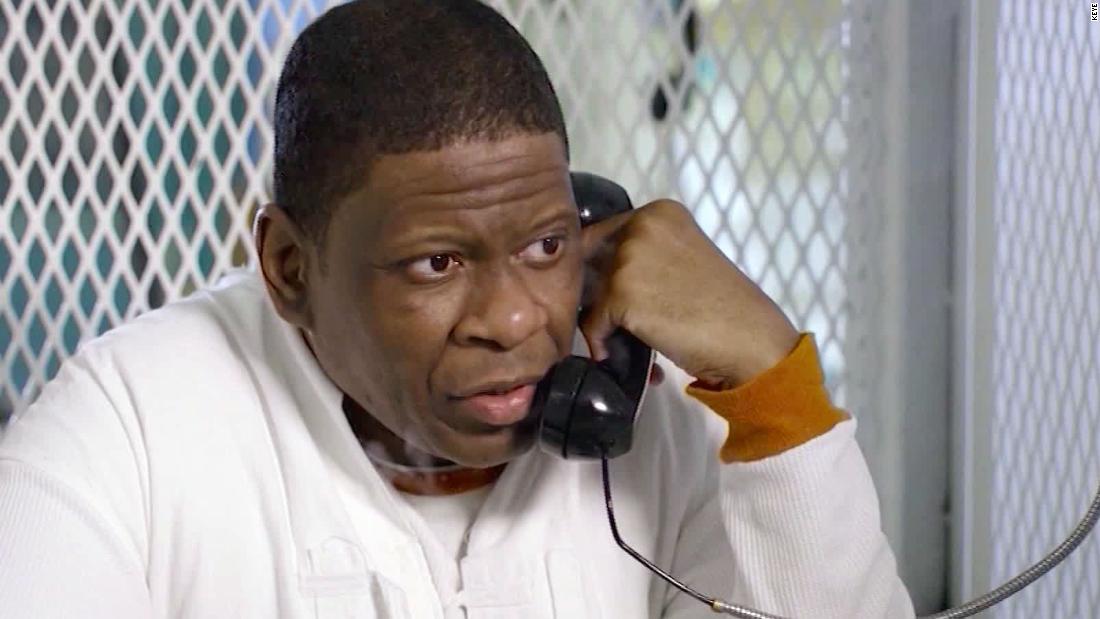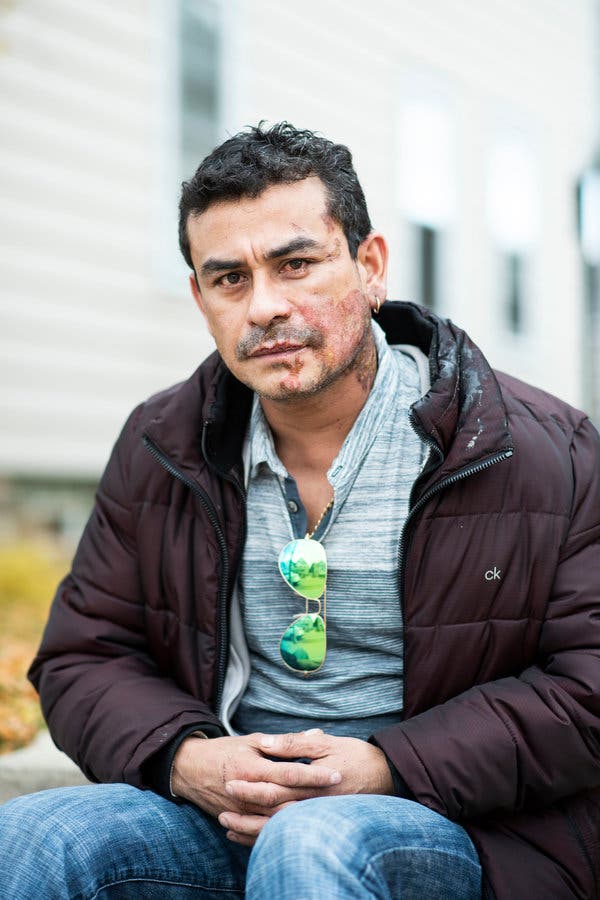LISTSOur biweekly lists lay out notable issues in the news and tell you what you can do about them.
|
SUBSCRIBE TO EMAIL UPDATES:
|
|
Hi Teen Resisters! Welcome back. We're back with a list breaking down some of the major stories making the rounds in the media and social media this week. We want to help clarify things for you and let you know how you can have an impact. FIRST, A NOTE: As we're publishing this, it's just been reported that the Supreme Court is considering supporting Trump in his decision to end DACA benefits for Dreamers. For now, you can read this article, this article, and our DACA briefing to understand the issue, and we'll be back soon with action. Without further ado, let's jump in! What Went Down:
We hope these were helpful!
Sending lots of love and light, Us
0 Comments
Leave a Reply. |
UPdatesThese lists include featured organizations, scripts, numbers, news updates and inspirational activists. Archives
January 2022
Categories |
About |
Content |
|





 RSS Feed
RSS Feed
